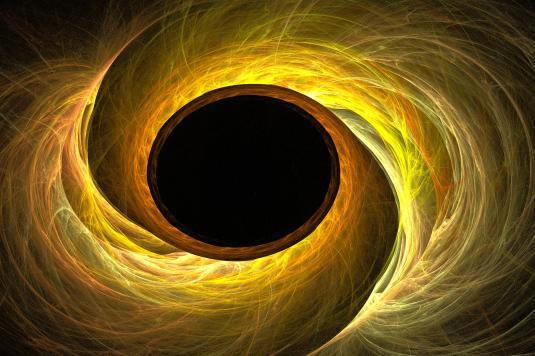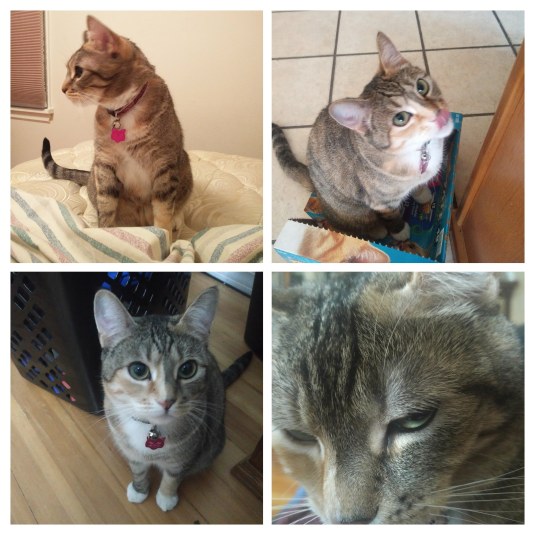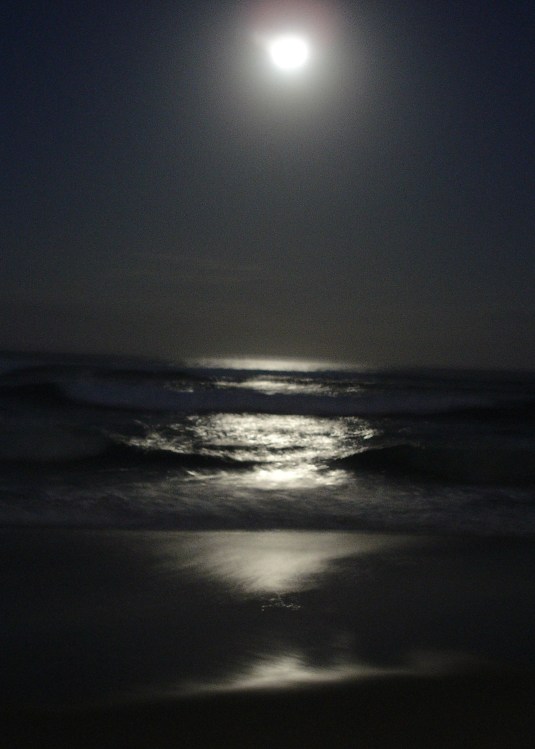In a few days, it will be a year since my dad died. It’s been a very interesting and ponderous year. I’m reminded of the first book I read about existentialism, which explained the idea of an existential crisis in relation to Heidegger’s Being and Time as an event bringing a heightened awareness to our mortality in such a way that the experience of life is fundamentally altered for a period. That’s what this has been.
Of course, I have meditated on change at length prior to this. It’s evident in a large number of the posts here over the last few years, but being confronted with the situation of having to personally sort out one’s own story and relationship with mortality is different than cerebrally breaking down the sweeping, subtle, and slow changes of matter, mind, and heart.
Ironically enough, recently, I’ve been reading chapters in a meditation manual about meditating on change and death, and the writer/teacher emphasizes two phases to the sessions — one for thinking on ideas or images about change/death and the other to let the emotional depth of meaning really sink in and be understood, not just conceptually. This experience has been something like the second part of that process. For the last few years, I could have quoted on a whim a passage that struck me in the first translation of The Dhammapada that I read: “All states are without self*”, but what does that mean when a life ends? I’ve been slowly piecing that together over time.
I dream of him often. In the last few weeks, I can think of a time when he appeared in our lives again — a Doppelgänger, and I was the only one in my dream who remembered he had died and didn’t trust this imposter, and yet, I didn’t want to inflict loss on my family again by convincing them of the truth. In another, he wandered around a former city I lived in with me, but he had some sort of handicap and lacked the wit and mental acuity he had in life. I think I was imagining what his survival might have meant as a tradeoff, and it was tragic in other ways — “he” was still gone, but then again, all states are without self. Finally, I had a dream where he was a cold, heartless man, driven by greed. He was an ambitious entrepreneur, somewhat like the small business owner from my childhood but fully consumed by it as his only pursuit. He seemed dead to me in his cold grimace and methodical drive. This made me realize that there are other ways we describe people as dead — when their emotions seem to lack the humaneness of connection, of the passion and compassion of a beating heart, thumping out a song with the lives of others, always already around us. Just as change is a constant and identity is an abstraction, rather than an essence (“All states are without self”), we are always already born into a universe, billions of years old, on a small rock populated with other humans — as well as all their culture, history, language, minds, and hearts…

My dad in life was a warm man, very much unlike the cold, driven, hyper-capitalist in my last dream, but at this point, I don’t know how much more there is left of him other than the stories of those who remain. I hope to still learn from him like this in dreams and musings, and I hope that these thoughts of him continue to bring insights into what it means to live and how death is related to that living presence in this world. I can’t claim to understand what the process of life is about, as I’m convinced there isn’t some permanent essence, a soul, behind it, but going through all this has sharpened the sense of mystery to existence. In many ways everything has felt just as hazy and ethereal as a dream, and sometimes, I feel that I’m not sure if I’m dreaming of a butterfly or if I’m the butterfly dreaming of Z, so to speak, but I do as that meditation teacher suggests: rest in the looking — look in the resting. What else is there to do? I’m already in the thick of the mystery and there’s no way out. There’s only the ongoing path of being on the way.
A much more succinct passage from The Dhammapada’s opening chapter could get at the heart of all this much more quickly:
Hatred never ends through hatred.
By non-hate alone does it end.**
This is an ancient truth.Many do not realize that
We here must die.
For those who realize this,
Quarrels end.
– Chapter 1, (5-6), trans. Fronsdal
Maybe we’re better served by a statement about the nature of that mystery from The Heart Sutra:
‘Gate gate, paragate, parasangate, bodhi svaha.’
– Gone, gone, beyond gone, completely beyond gone, great awakening.***
May this provide comfort and camaraderie to others who experience the mystery of being.
Gassho!
*The point of this quote is that everything lacks essence. Another way I say this, riffing on Buddhism, is: “All composite things are impermanent, and all things are composites.” Our greatest spiritual battle is overcoming an unreflective, ego-protective sense in which we posit some permanent essence behind us, an unchanging self. I take this quote to mean that everything lacks essence and that “the self” is an emergent process, not a set entity. Here are a couple other translations of this passage to compare:
“All things in the world are insubstantial.” – trans. Ananda Maitreya
“All things are not-self.” – trans. Gil Fronsdal
The second translation is particularly exciting because one could possibly see the way that the Prajna Paramita tradition of emptiness (shunyata) is already indicated in these pithy remarks, and this particular quote also points to interdependence — if all things are not encompassed as a static entity in and of themselves, they’re in relationship with everything.
**Most translations say “love” or “loving-kindness” here instead of “non-hate”, and while those are more poetic, I prefer this more literal translation. The word has a negative prefix on hate, meaning the negation of hate, not another word that means the opposite. Negation in language can mean a returning to zero, so to speak, and I think that fits the meditation practice and ideas in the early texts better rather than telling people to react in the opposite. One must let go of the clinging and reactivity that gives rise to hatred. Only then can loving-kindness be cultivated as a new relationship with the world.
*** I pieced this together from reading several commentaries and translations.










Recent Comments